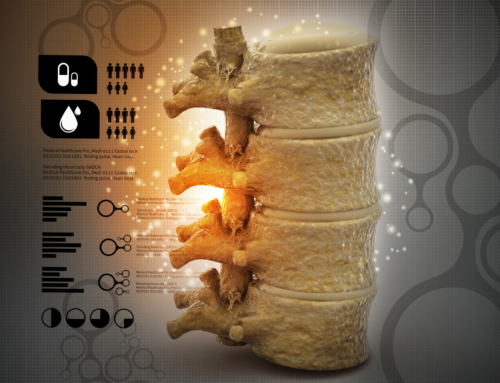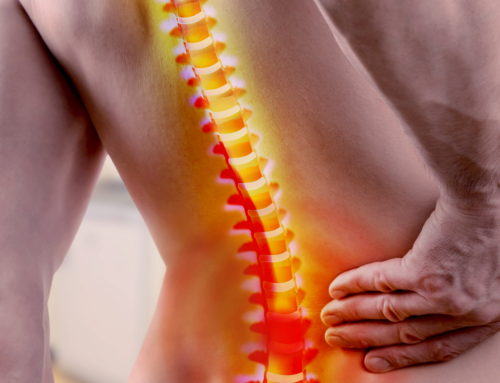Chronic pain can be a serious problem, and it can make your life difficult in many ways. It’s not just about the pain itself—it’s about how that pain disrupts your life. If you suffer from chronic pain, you know that it isn’t just a physical sensation. The pain can impact your life in several ways, including how you feel about yourself and interact with others.
The National Institute of Health estimates that chronic pain affects more than 100 million people in America alone. And while there are plenty of ways to manage the physical symptoms, it’s important to remember that chronic pain can also affect your mental health.
Ways Chronic Pain Can Disrupt Your Life
It can be hard to remember that it’s not all about the physical symptoms when dealing with chronic pain. The physical effects of chronic pain are undoubtedly significant—but they’re not the only effects. There are psychological and social consequences of living with chronic pain as well.
Inability to Sleep
One of the most common chronic pain symptoms is insomnia and disrupted sleep patterns. You may have difficulty falling asleep and staying asleep because pain makes it difficult to disengage from your surroundings.
For example, if you have chronic back pain, you might constantly be shifting positions to find a comfortable sleeping position or sitting upright watching late-night TV instead of sleeping. You may even feel an almost constant need to move around while lying down in bed or stretching through the night—activities that could disturb you and your bed partner’s sleep.
These activities prevent you from getting restful sleep and they also deprive you of the deep regenerative slumber necessary for healing and recovery.
Problems at Work
Chronic pain can affect your sleep pattern and your ability to maintain focus throughout the workday. While this doesn’t necessarily mean you’ll experience difficulty focusing on specific tasks, it might mean that you’re more easily distracted by things like noises from coworkers or small disruptions throughout your day.
Difficulty With Household Chores
When you’re suffering from chronic pain, you may also find that your efforts aren’t matching up with their results—you might find it hard to clean your apartment but still end up overwhelmed by its messiness. You may avoid certain things because they’re just too hard for you to do or cause an increase in pain.
Poor Self-Image
Chronic pain can bring up feelings of self-consciousness or shame regarding your inability to participate in daily activities. You might feel self-conscious about your body because of how it has changed or what you perceive as unattractive traits brought on by your pain. You may also be struggling with a loss of self-esteem or confidence, making it challenging to be vulnerable in intimate situations.
Anxiety and Depression
Chronic pain causes more than just physical problems in your life; it can also cause significant changes in how you feel emotionally. For example, you may find yourself feeling overwhelmed or experiencing anxiety and depression due to the constant stress of living with a chronic condition. If these feelings persist, it’s essential to talk to your doctor about treatment options so that you can regain a healthy emotional state of mind.
Sexual Function
Chronic pain can lead to all sorts of problems in your life, from work issues to relationship problems, but many people with chronic pain don’t realize that it can also disrupt their sex life. Sex is a lot more than just physical for most people—it’s an intimate shared experience.
If you’re experiencing chronic pain, you may find that the lack of emotional intimacy and connection that sex creates between you and your significant other can make things even worse. If you’re unable to get close or feel comfortable with someone, sex life can stress your relationship and make it harder to deal with the pain.
Lack of Time for Loved Ones
Because chronic pain symptoms are so severe, people often spend more time getting medical treatment than they would under normal circumstances—and less time with friends and family.
The main challenge of living with chronic pain is that there are few options to address your pain—you have to make daily adjustments to live life as normally as possible. It’s not easy to make all these adjustments at once, but addressing each area is a critical way to get your life back on track.
Bottom Line
There are many ways to manage chronic pain and get your life back on track once again. One of the most effective approaches is to learn how to use meditation techniques such as mindfulness meditation or yoga therapy to gain control over what’s happening within yourself instead of letting it take over! You can also explore alternative treatment options, especially if you’ve been told that surgery is not an option. Fill out the form below to contact our team for assistance.






